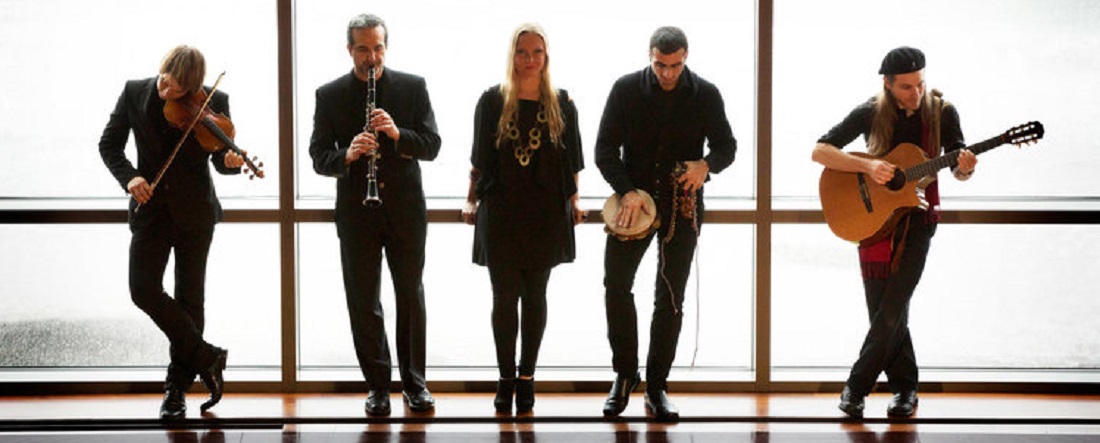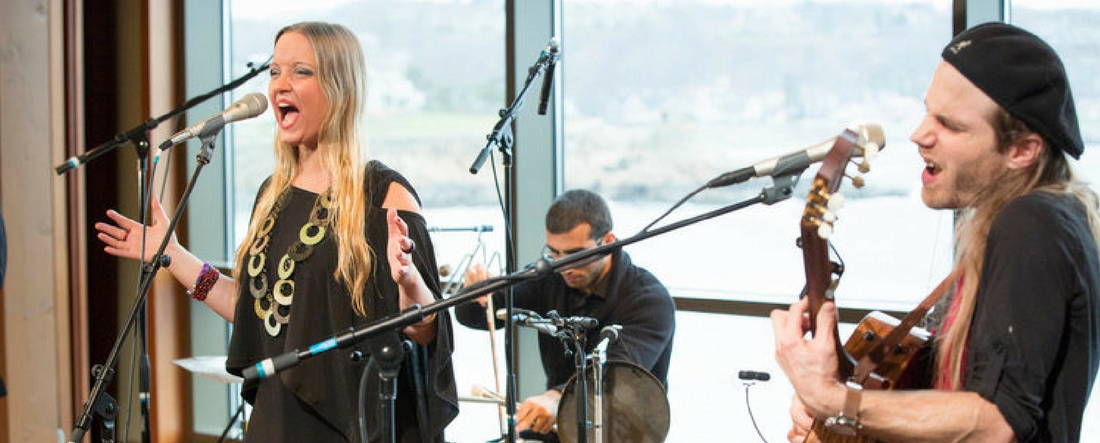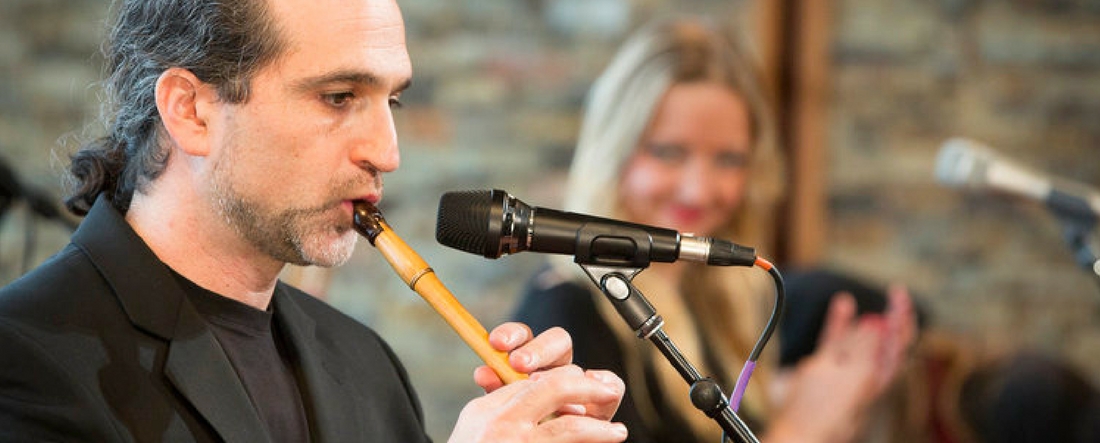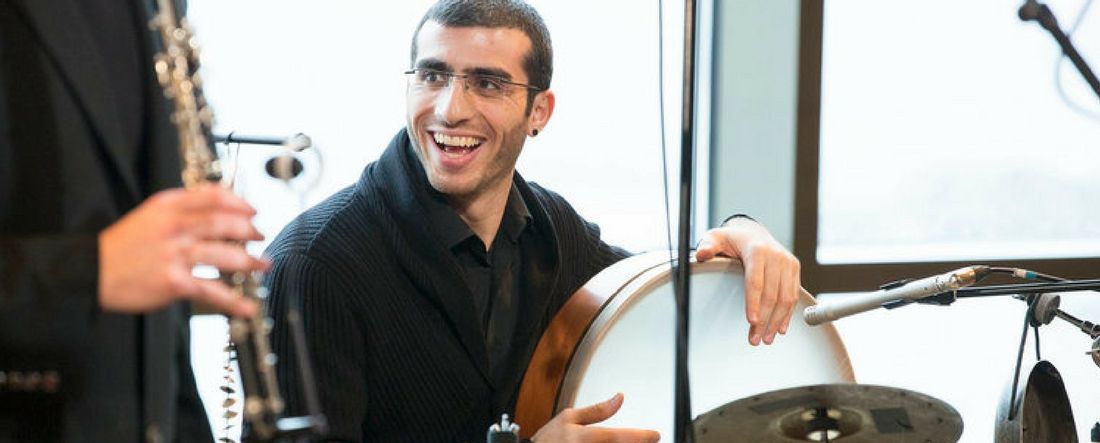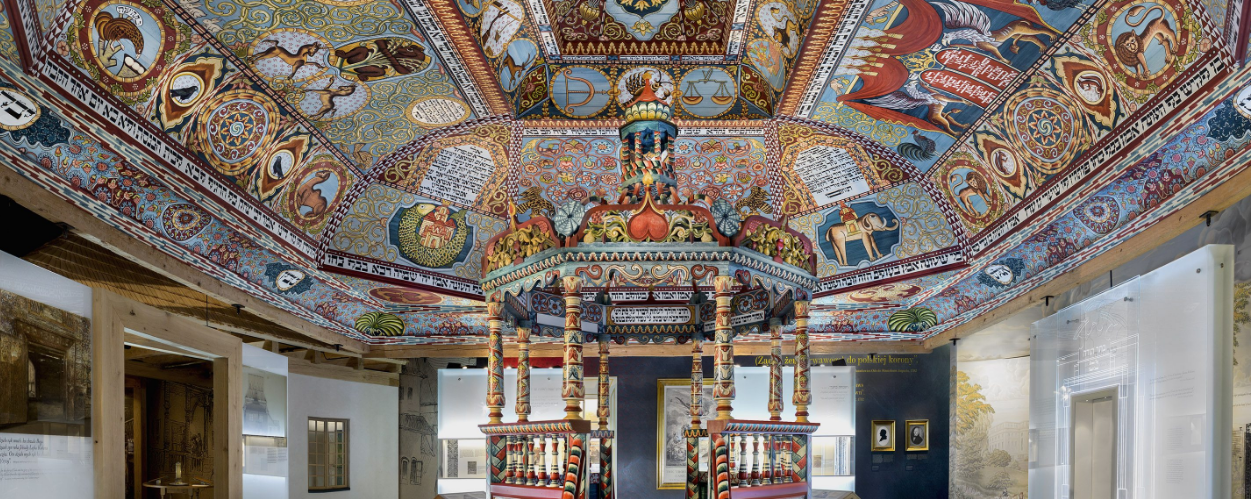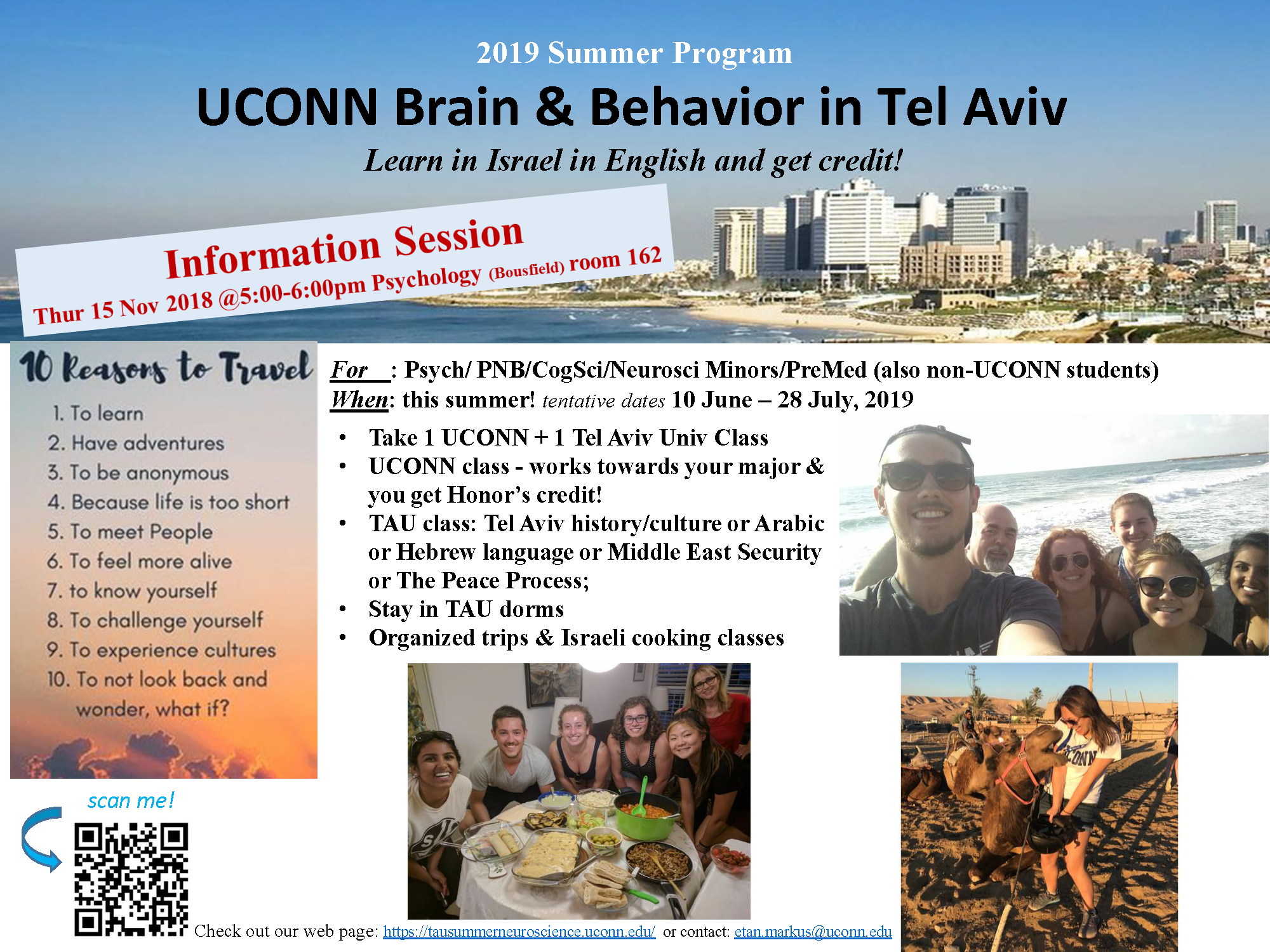The Center for Judaic Studies and Contemporary Jewish Life in the College of Liberal Arts and Sciences at the University of Connecticut invites applications for the Doris and Simon Konover Chair of Judaic Studies at the advanced associate or full professor level.
The holder of the Doris and Simon Konover Chair of Judaic Studies will serve as Director of the Center for Judaic Studies and Contemporary Jewish Life. The successful candidate will spearhead the Center’s interdisciplinary Judaic Studies program (https://judaicstudies.uconn.edu) on campus and in the community, and contribute through research and teaching to further the development of the Hebrew and Judaic Studies section of the Department of Literatures, Cultures, and Languages (https://languages.uconn.edu/hebrew/).
MINIMUM QUALIFICATIONS
Minimally qualified candidates will possess a Ph.D. in a related field; equivalent foreign degrees are acceptable. We seek a candidate with distinguished scholarly accomplishments of national and international recognition, whose research and teaching focus on the Jewish experience in the modern era and who has a vision for advancing our undergraduate and graduate programs in close collaboration with the Center’s Academic Director.
PREFERRED QUALIFICATIONS
The successful candidate should have experience in organizing events that attract students, faculty, and members of the broader community. The director will work with UConn’s programs in Human Rights; Middle East Studies; Africana Studies; Women’s, Gender, and Sexuality Studies; the NEAG School of Education; and with interested faculty across the disciplines to further enhance the diversity of the program.
The successful candidate should demonstrate excellence in teaching and strong managerial, communication, and public relations skills as well as a commitment to diversity and inclusion. The director reports to the Dean of the College of Liberal Arts and Sciences and oversees all personnel, financial, and administrative functions of the Center, including the work of a program assistant, graduate assistant, and student workers.
Effective fundraising and outreach are vital to the future of the Center, and the incoming director should be experienced and prepared to invest time and energy in these endeavors.
APPOINTMENT TERMS
This position is a full time, tenured 10-month appointment and applicants must meet University requirements for appointment at the rank of Associate or Full Professor. Rank and salary will be commensurate with the candidate's qualifications and experience.
The operations of the Center of Judaic Studies include programming at the main campus in Storrs and the regional campuses in Hartford and Stamford. The director will work with the coordinator of Judaic Studies at the Stamford campus and engage with partners in the Greater Hartford area to offer cutting-edge programming for students, faculty, and the community at these campuses.
The position is based at the Storrs campus. Candidates may have the opportunity to teach at the campuses at Hartford and Stamford.
TO APPLY
Select “Apply Now” to submit the following on Academic Jobs Online: cover letter, curriculum vitae, teaching statement, research and scholarship statement, vision statement for Center leadership, commitment to diversity statement, and the names and contact information of three referees who have agreed to write in support of your application if requested.
For search-related inquiries, please contact Ms. Pamela Weathers, Program Assistant at the Center for Judaic Studies and Contemporary Jewish Life (pamela.weathers@uconn.edu, 860-486-2271).
It is preferred that applications are received by January 10, 2019, and evaluation of applicants will continue until position is filled.
Employment of the successful candidate will be contingent upon the successful completion of a pre-employment criminal background check. (Search 2019185)
This position will be filled subject to budgetary approval.
All employees are subject to adherence to the State Code of Ethics, which may be found at http://www.ct.gov/ethics/site/default.asp.
___________________________________________________________________
The University of Connecticut is committed to building and supporting a multicultural and diverse community of students, faculty, and staff. The diversity of students, faculty, and staff continues to increase, as does the number of honors students, valedictorians and salutatorians who consistently make UConn their top choice. More than 100 research centers and institutes serve the University’s teaching, research, diversity, and outreach missions, leading to UConn’s ranking as one of the nation’s top research universities. UConn’s faculty and staff are the critical link to fostering and expanding our vibrant, multicultural, and diverse community. As an Affirmative Action/Equal Employment Opportunity employer, UConn encourages applications from women, veterans, people with disabilities, and members of traditionally underrepresented populations.
www.jobs.uconn.edu
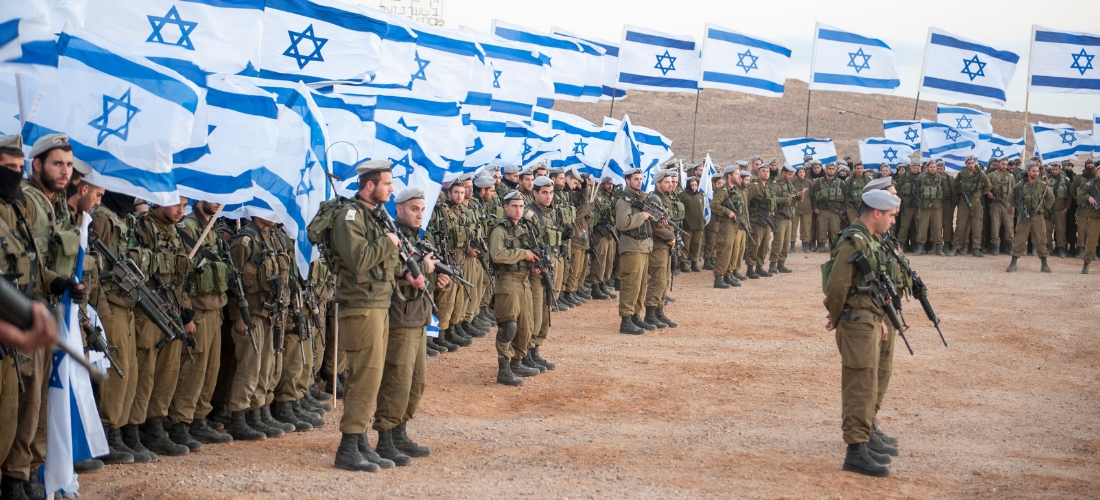
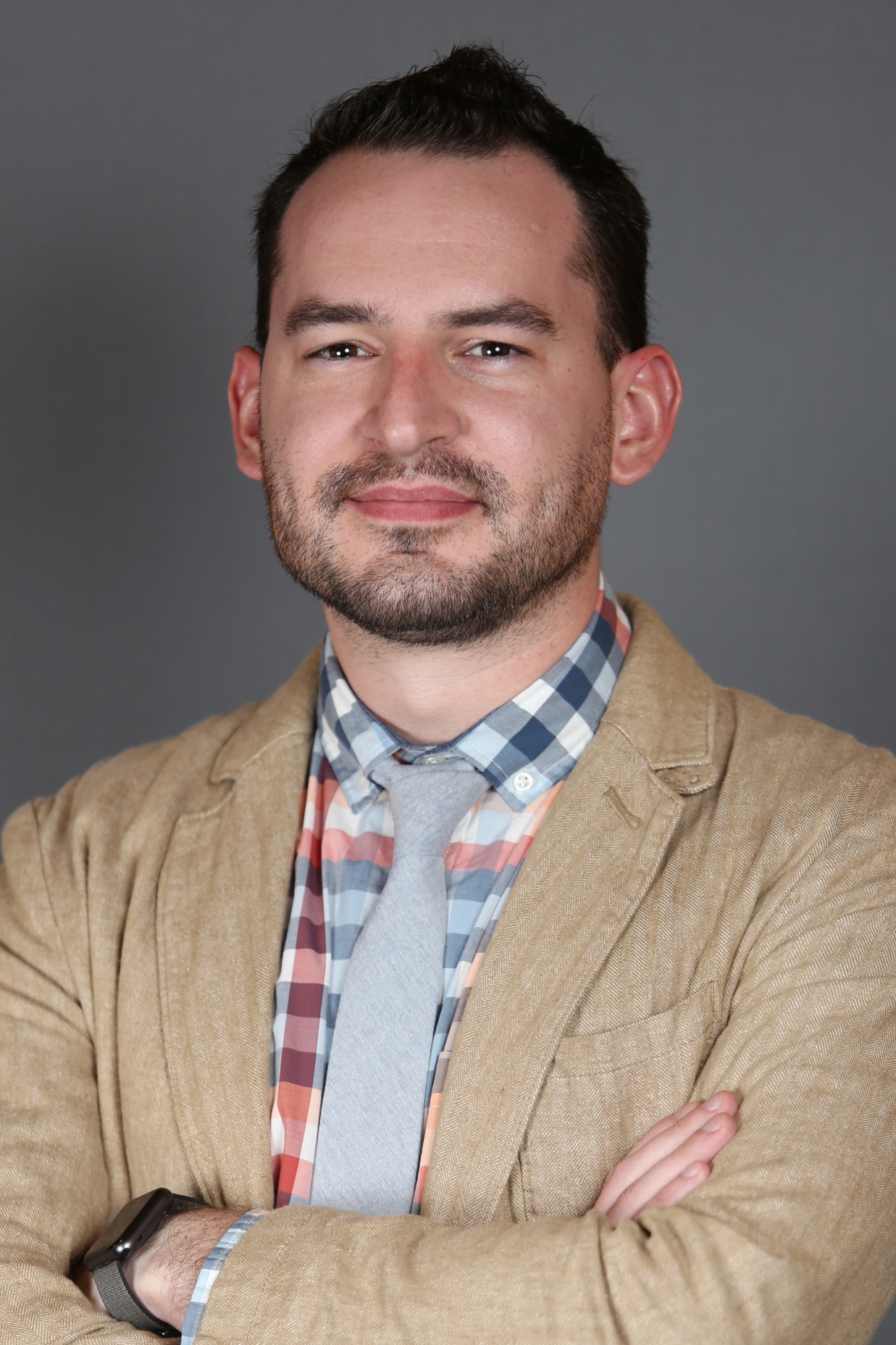 Matthew Parent is a PhD candidate in the Political Science Department at UConn, concentrating in International Relations. His research focuses on the intersection of security studies, military innovation, and popular culture. His data comes from diverse electronic and print sources, popular media, as well as from places like NATO's archives in Brussels, Belgium. His work attempts to intentionally bridge the gap between scholarly study and practical policy applications. He holds degrees from the University of Massachusetts, the Catholic University of America, and the University of Connecticut.
Matthew Parent is a PhD candidate in the Political Science Department at UConn, concentrating in International Relations. His research focuses on the intersection of security studies, military innovation, and popular culture. His data comes from diverse electronic and print sources, popular media, as well as from places like NATO's archives in Brussels, Belgium. His work attempts to intentionally bridge the gap between scholarly study and practical policy applications. He holds degrees from the University of Massachusetts, the Catholic University of America, and the University of Connecticut.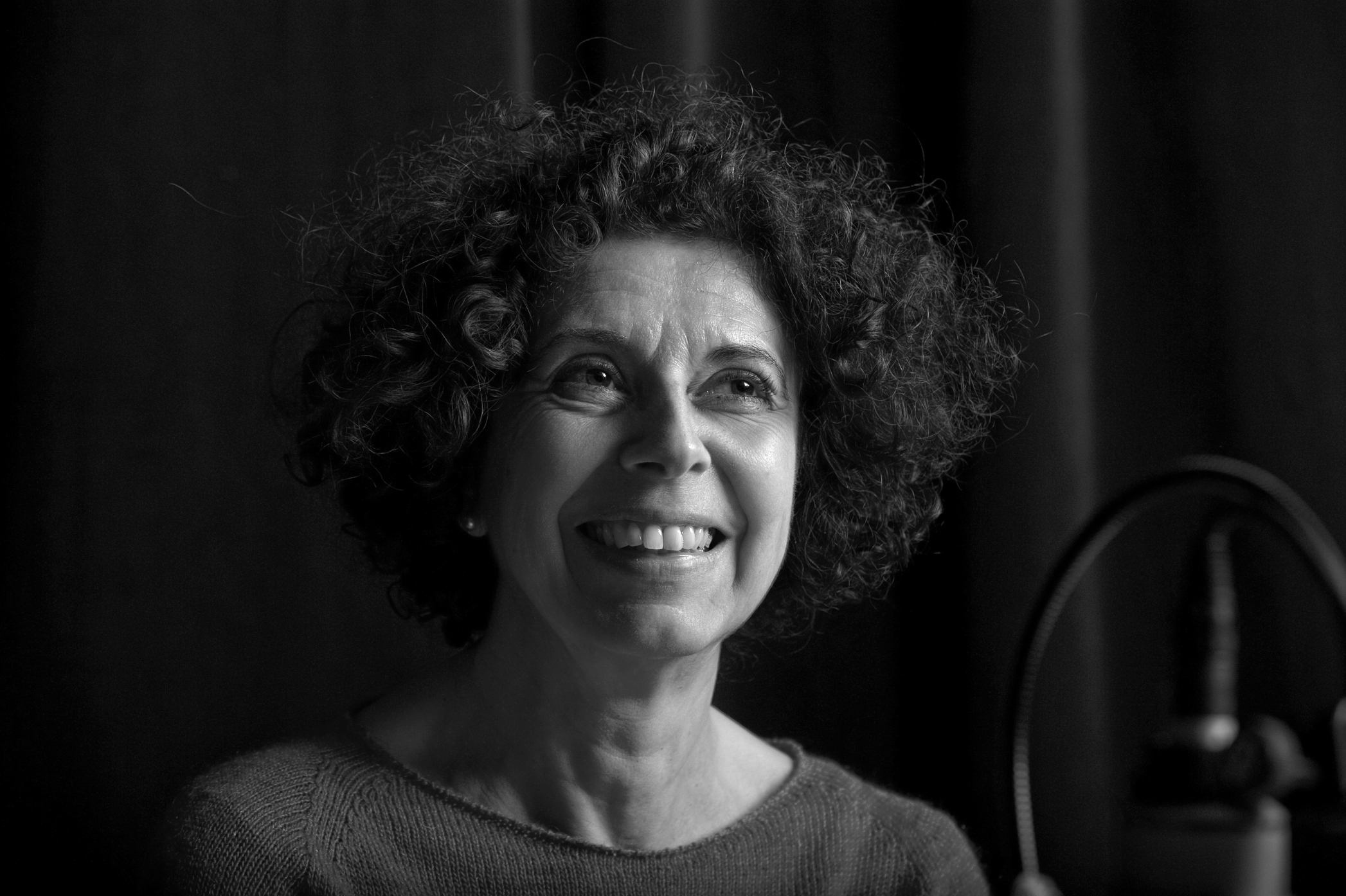
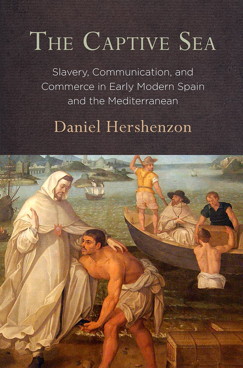 In The Captive Sea, Daniel Hershenzon explores the entangled histories of Muslim and Christian captives—and, by extension, of the Spanish Empire, Ottoman Algiers, and Morocco—in the seventeenth century to argue that piracy, captivity, and redemption helped shape the Mediterranean as an integrated region at the social, political, and economic levels. Despite their confessional differences, the lives of captives and captors alike were connected in a political economy of ransom and communication networks shaped by Spanish, Ottoman, and Moroccan rulers; ecclesiastic institutions; Jewish, Muslim, and Christian intermediaries; and the captives themselves, as well as their kin.
In The Captive Sea, Daniel Hershenzon explores the entangled histories of Muslim and Christian captives—and, by extension, of the Spanish Empire, Ottoman Algiers, and Morocco—in the seventeenth century to argue that piracy, captivity, and redemption helped shape the Mediterranean as an integrated region at the social, political, and economic levels. Despite their confessional differences, the lives of captives and captors alike were connected in a political economy of ransom and communication networks shaped by Spanish, Ottoman, and Moroccan rulers; ecclesiastic institutions; Jewish, Muslim, and Christian intermediaries; and the captives themselves, as well as their kin.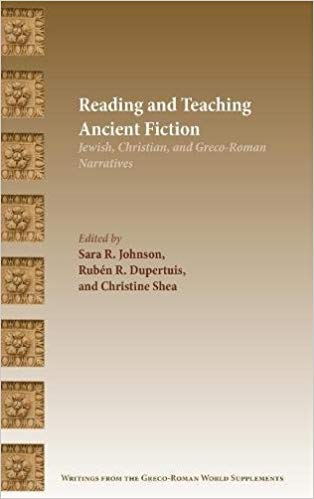 Congratulations to Associate Professor of Classics and Mediterranean Studies Sara Johnson who recently co-edited Reading and Teaching Ancient Fiction: Greco-Roman, Early Jewish, and Christian Narrative. The volume, co-edited with Ruben Dupertuis and Christine Shea, was published by the Society of Biblical Literature Press and represents their third volume of research on ancient fictions.
Congratulations to Associate Professor of Classics and Mediterranean Studies Sara Johnson who recently co-edited Reading and Teaching Ancient Fiction: Greco-Roman, Early Jewish, and Christian Narrative. The volume, co-edited with Ruben Dupertuis and Christine Shea, was published by the Society of Biblical Literature Press and represents their third volume of research on ancient fictions.